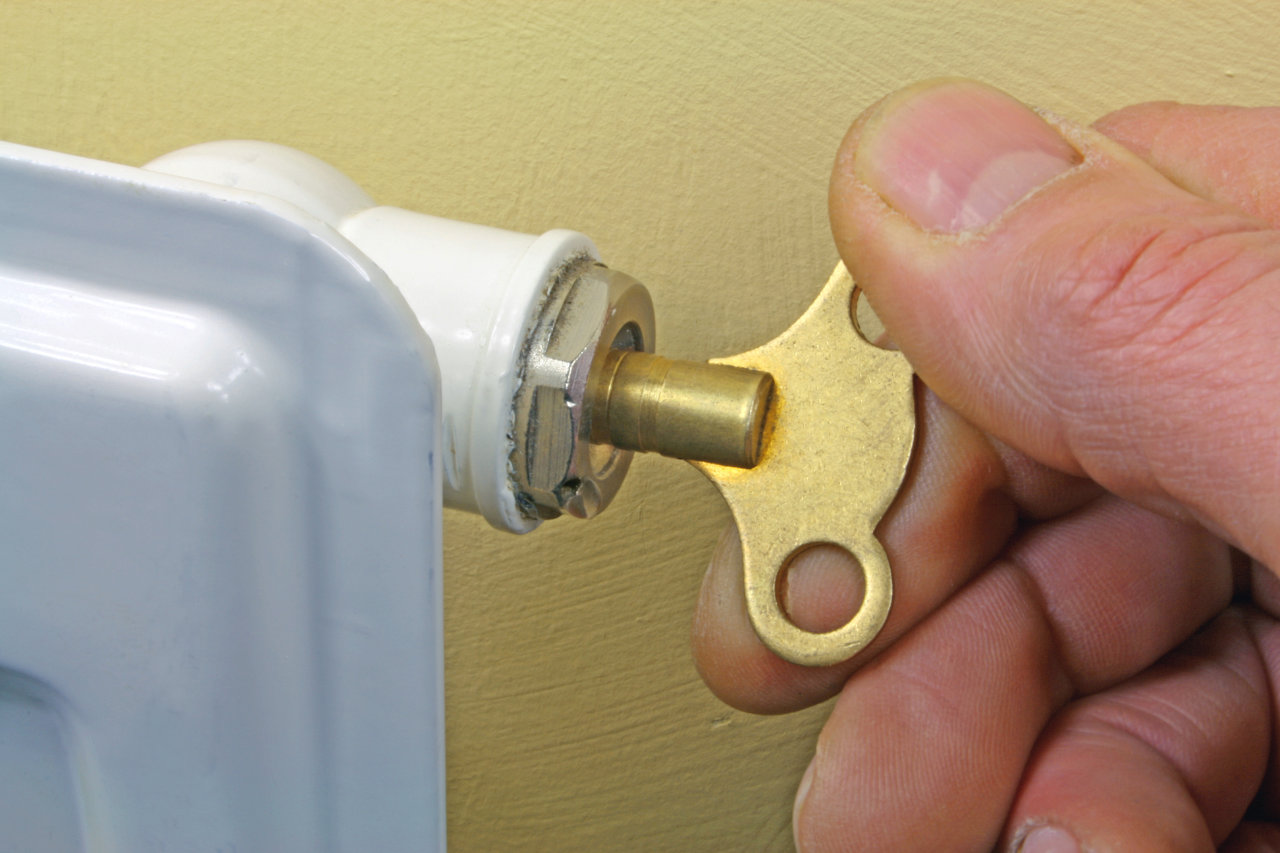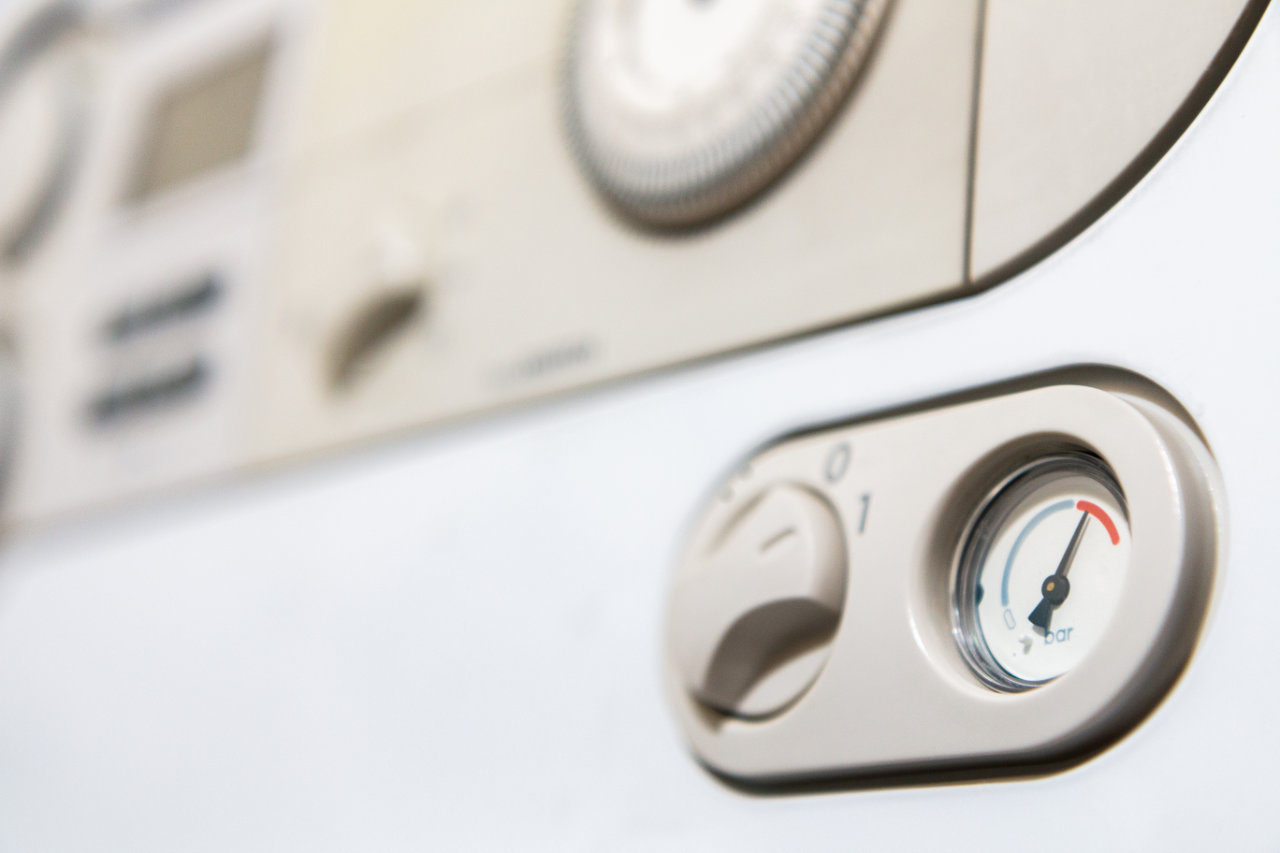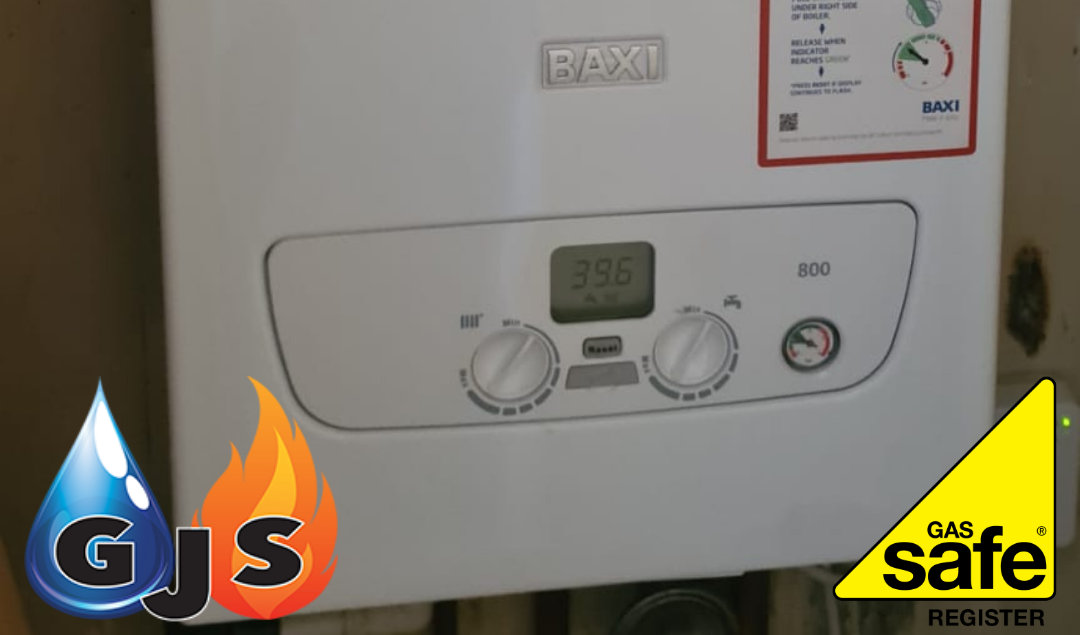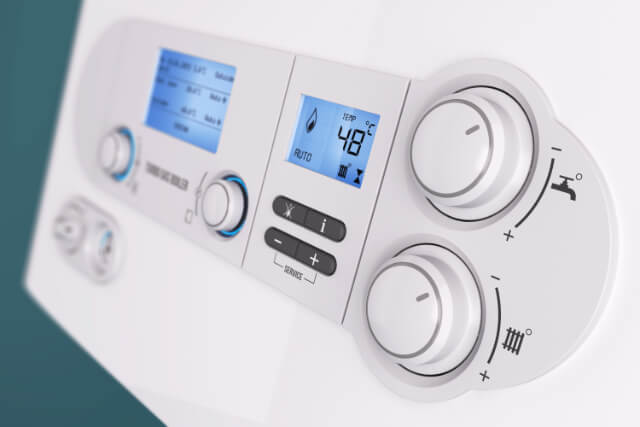How Long Does a Boiler Service Take?
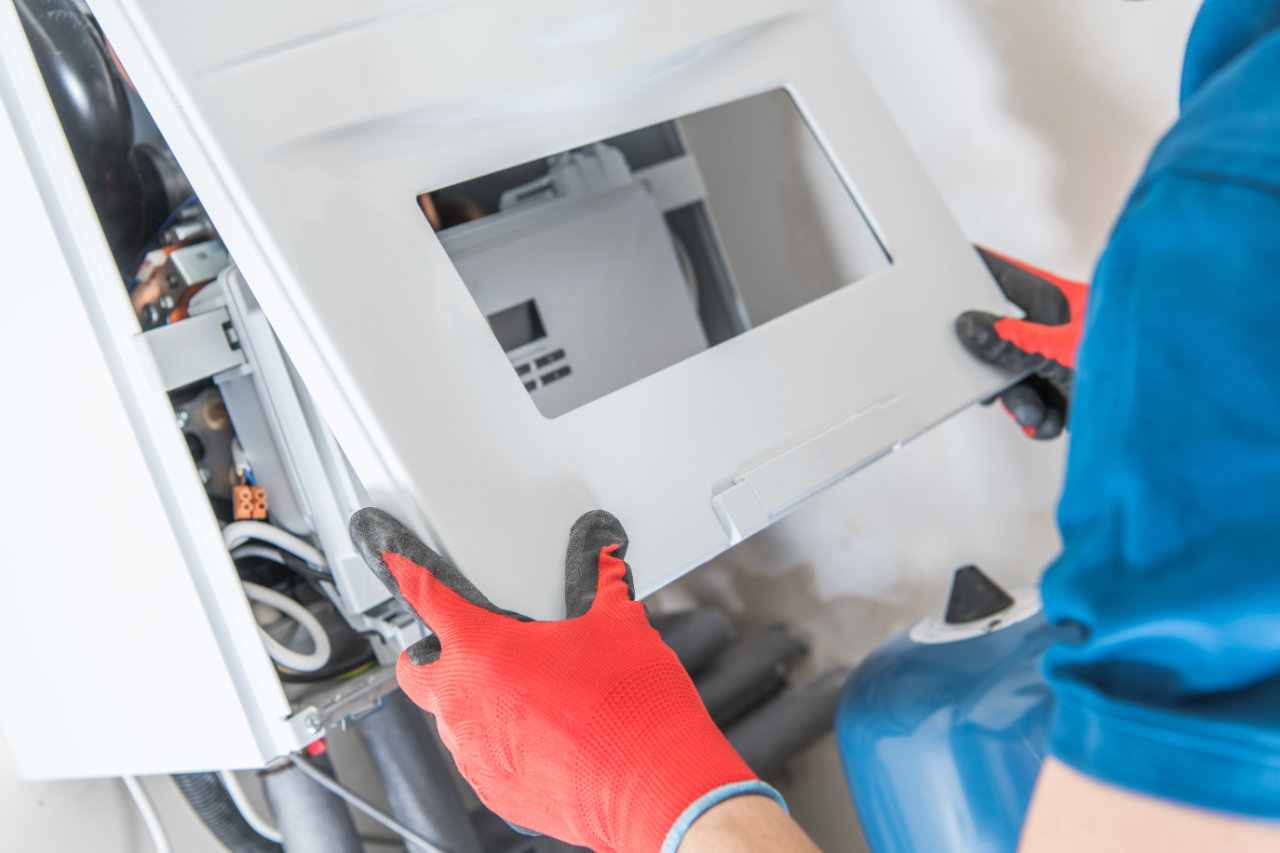
A boiler service should be performed on an annual basis. However, plenty of UK households delay receiving this service every 12 months. In fact, they may delay their boiler service for years – or until it breaks down – before they consider getting their boilers checked.
This isn’t good. Without an annual service, the warranty on your boiler will be voided. The result: if your boiler does stop working, all of the repair bill costs are left to you.
One point that can put people off getting their boiler serviced is the perceived time it takes to complete.
How long does a gas boiler service take?
It’s the big question: How long does a boiler service take? Will you have to take the day off from work? Will you need to scrap any other plans for the day?
The good news: boiler servicing will typically take an hour at the most.
The time is dependent on a few factors, including the brand and model of your boiler, and the engineer you’ve enlisted for the job. If everything is in your favour, it can take as little as 30 minutes to service your boiler.
What does a boiler service involve?
In those 30-60 minutes, what will an engineer do as part of the boiler service? Here’s a quick rundown of what the work entails:
- General inspection: Any visible wear and tear – think leaks or breakdowns – will be observed by the engineer. They’ll also ensure your boiler is meeting industry standards, including a visible flame.
- Casing check: After removing the boiler’s casing, the engineer will inspect the ignition probe, burner, and so on. They’ll also clean the inside of the boiler.
- Flue inspection: The engineer will inspect the flue area and see if it’s free of obstructions and fitted correctly.
- Pressure check: Checking the boiler’s pressure gauges will reveal if everything is functioning at the right levels.
After the servicing is complete, you will receive a report from the engineer. This details the work that has been carried out, along with any additional changes or repairs that are necessary for your boiler.
How much does a boiler service cost?
With a boiler service, there is no fixed price used by engineers across the board. Each provider will have their own pricing structure. The cost of this service will also typically change depending on your location. The same service in London will usually cost more than one in Newcastle.
In general, the price for a standard boiler service will start at £50 and go up to £150. The cost will largely depend on your boiler’s make and model. A high-efficiency boiler, for example, is more expensive to service than other versions. Service plans are also available where you pay around £15 monthly, although this will usually feature additional perks.
At GJS Plumbing and Heating Services, our reputation is built on honest pricing. You won’t be paying over the odds for a boiler service. Ensure your gas appliances are working as expected year-round and arrange a boiler service today. A Gas Safe registered engineer will be around to check your boiler is in fighting shape for the winter!

